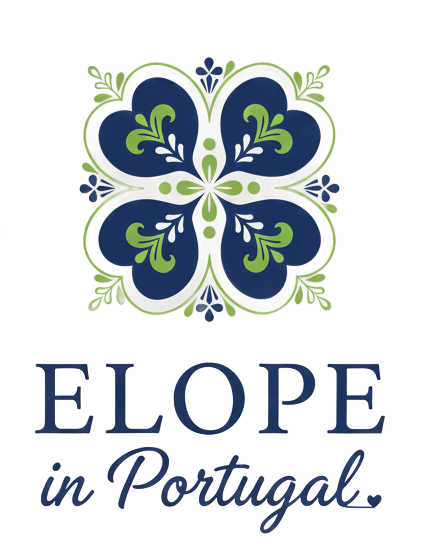Legal Wedding in Portugal
Your Love, Legally Celebrated in Portugal
A civil wedding in Portugal is a legally binding marriage ceremony performed by a state registrar (Conservatória do Registo Civil). It is recognised internationally and requires specific documentation, especially for non-Portuguese citizens.
Foreign citizens planning a legal wedding in Portugal must provide official documents from their country of origin — including birth certificates, proof of marital status, and identification. All documents must be apostilled and translated into Portuguese by a certified translator.
Our team will help you understand exactly what’s required, ensure everything is valid, and submit the paperwork directly to the appropriate Conservatória.
Get Legally Married in Portugal Without the Stress of Paperwork
We are experts in the legal wedding process in Portugal and will guide you every step of the way with care and precision.
From gathering the necessary documents to submitting paperwork and coordinating with local authorities, our team ensures all the legal requirements for getting married in Portugal are handled smoothly.
This allows you to focus on what truly matters: celebrating your love in a beautiful and stress-free setting.
In Portugal, a certified wedding translator is legally required for all civil marriage ceremonies when one or both partners do not speak Portuguese.
Our team of native and bilingual professionals specialises in destination weddings and elopements across Portugal, including Lisbon, Porto, the Algarve, and hidden romantic locations. With experience in legal ceremonies and symbolic celebrations, we ensure that every word — from official declarations to heartfelt vows — is translated with clarity, warmth, and cultural sensitivity.
Hiring a professional wedding translator in Portugal ensures your ceremony runs smoothly, meets all legal requirements, and allows your love story to be fully understood and celebrated in both languages.
Legal Requirements & Documents
You will need:
Passports or
ID Cards
Both partners must present official identification.
Long-Form
Birth Certificates
- Issued in your country of birth
- Must be recent (usually no more than 6 months old at the time of submission)
- Must be apostilled (if your country is part of the Hague Convention)
- Must be translated into Portuguese by a certified translator
Certificate of No Impediment (CNI)
This proves you are free to marry and that there is no legal obstacle.
- Issued by your local civil authority, consulate, or embassy
- Must be apostilled and translated into Portuguese
- In some countries (like the US), this document may not exist — in which case a sworn affidavit or official statement may be accepted
Divorce Decree / Death Certificate
(if applicable)
If either partner was previously married:
- Provide the original divorce decree absolute or death certificate
- Must be apostilled and translated into Portuguese
Hague Apostille
All official foreign documents must be
legalized with a Hague Apostille
(unless your country has a bilateral agreement with Portugal that waives this requirement — rare)
Certified Portuguese Translations
Any documents not originally in Portuguese must be:
- Translated by a certified translator
- Some Conservatórias may require a translation authenticated by a Portuguese notary
Power of Attorney (optional but helpful)
You can grant a power of attorney to your wedding planner or legal representative to handle the submission of documents on your behalf — this is especially useful if you don’t live in Portugal.
Timing Tip
All documents must be issued and submitted within 6 months of the intended wedding date. Start the process early (6+ months in advance) to avoid delays.
What is a Hague Apostille and When is it Required for a Portuguese Wedding?
A Hague Apostille is an official stamp or certificate that validates a document issued in one country for legal use in another, under the Hague Convention of 1961.
In the context of a legal wedding in Portugal, this means:
- All official documents from your home country, such as birth certificates, divorce decrees, or Certificates of No Impediment, must be apostilled if your country is part of the Hague Convention.
- If you're submitting foreign documents to Portuguese authorities, these documents must:
- Be original or certified copies
- Be apostilled in the country where they were issued
- Then
translated into Portuguese by a certified translator (if not already in Portuguese)


